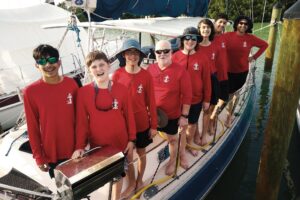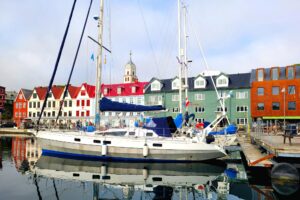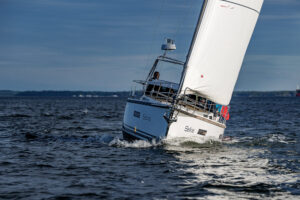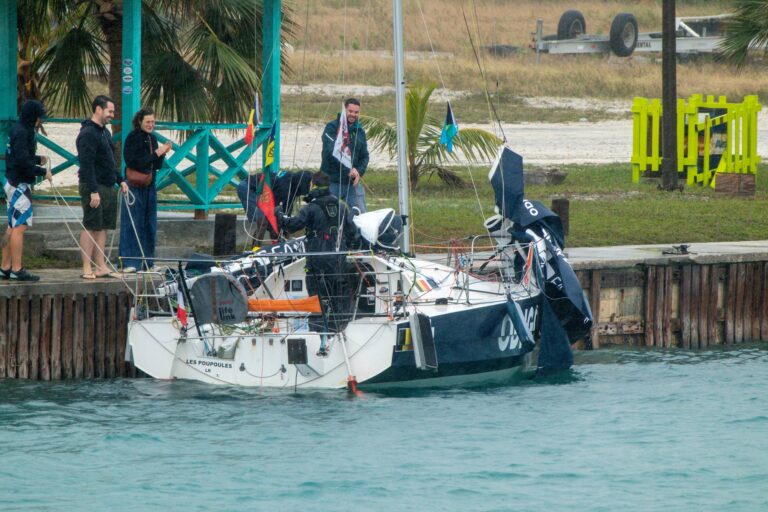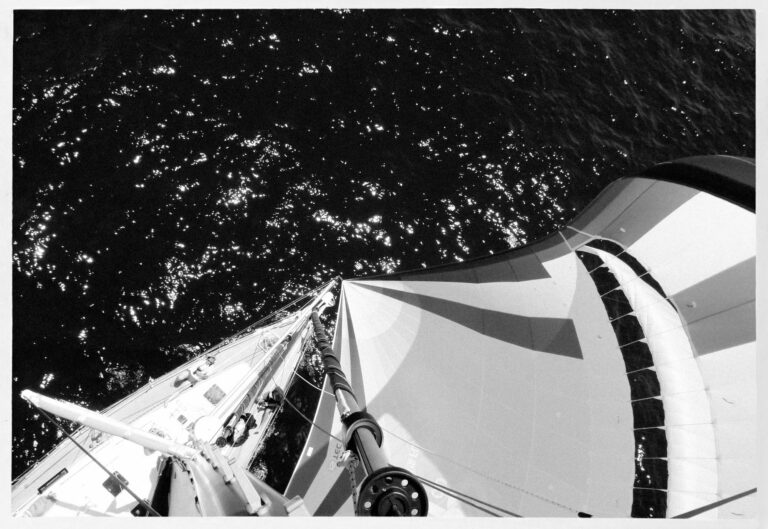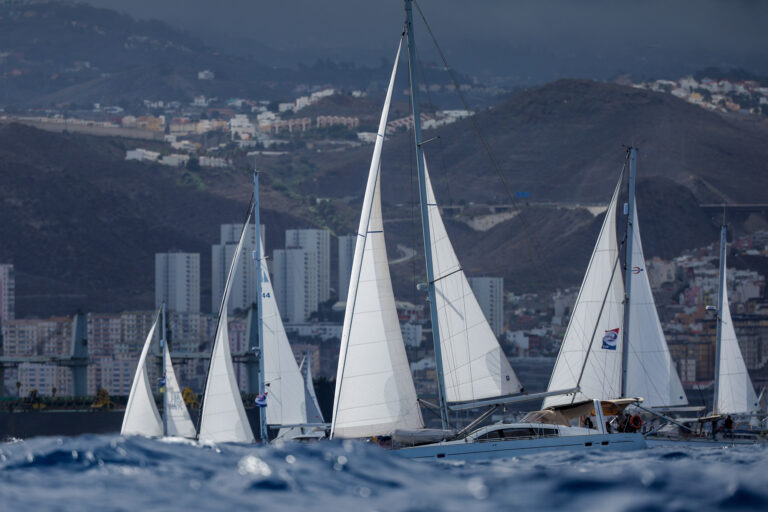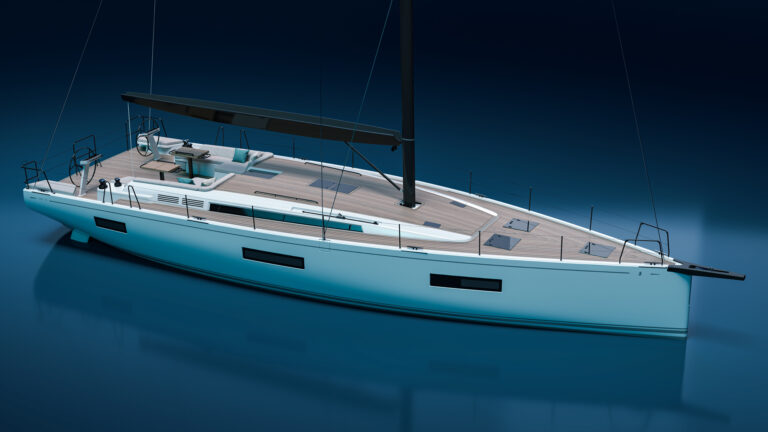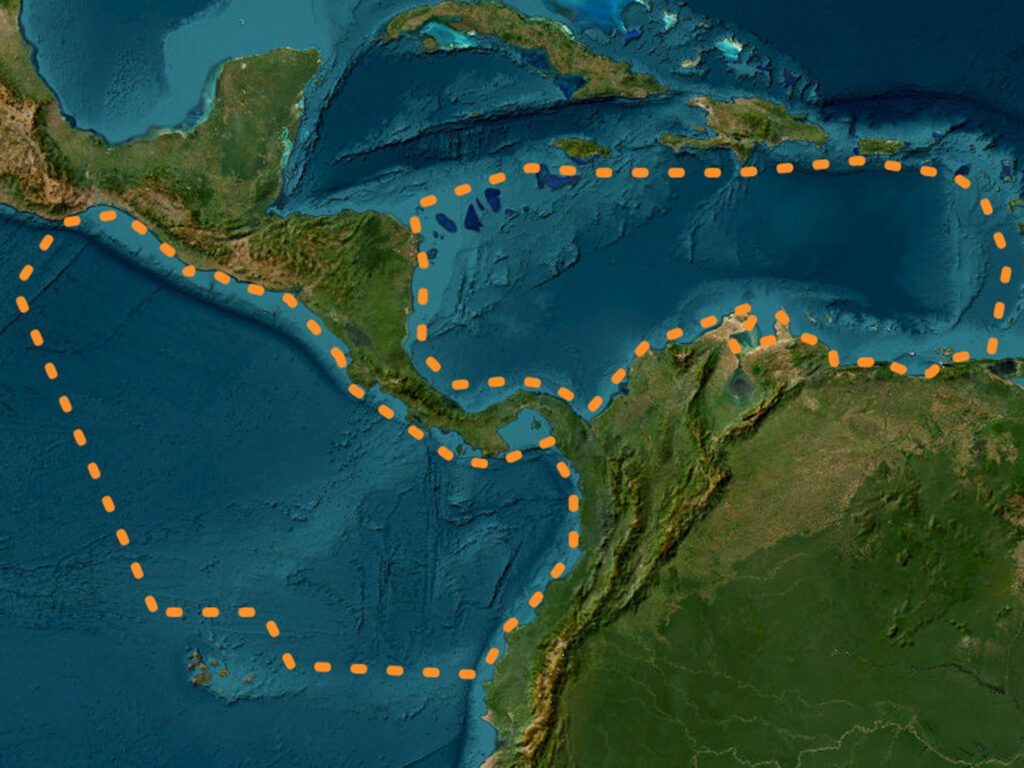
Ocean Posse has announced a new voluntary reporting arrangement designed to improve safety for private cruising boats transiting parts of the Caribbean and the Eastern Pacific. The program encourages offshore sailors to share basic voyage information before departing remote areas where vessel identification can be difficult.
The initiative focuses on passages beyond 12 nautical miles in the Eastern Pacific south or east of Huatulco Mexico and north of Ecuador as well as portions of the southern Caribbean. Ocean Posse says the goal is simple: help reduce the chance that an innocent cruising yacht could be misidentified while underway.
“Recreational sailors could become collateral damage in an environment where accurate vessel identification is increasingly difficult,” said Dietmar Petutschnig founder of Ocean Posse. “A properly filed float plan and an up-to-date vessel profile can make a meaningful difference during an unexpected encounter.”
At the core of the program is voluntary pre-departure communication. Captains are encouraged to update their vessel profile on MarineTraffic with current details and photos and to file a standard U.S. Coast Guard Auxiliary float plan 48 to 72 hours before departure. That float plan is emailed to a dedicated humanitarian notification address so it can be referenced if needed during the voyage. Crews are also asked to confirm safe arrival at the end of the passage.
Ocean Posse emphasizes that participation is optional and designed as an added layer of situational awareness, not an enforcement process. Underway best practices include maintaining a continuous watch, monitoring VHF Channel 16, transmitting AIS when possible, clearly displaying a national ensign and responding promptly to any hails at sea.
The organization also highlights established rescue coordination contacts for family members and shore-side supporters should concerns arise during an offshore passage.
“This is not mandatory but it is the best layer of protection available right now,” Petutschnig said. “It provides clear confirmation that a vessel is a legitimate cruising yacht with a known itinerary.”
Ocean Posse says full instructions are available to members and the wider cruising community and encourages offshore sailors to review the guidance as part of routine passage planning.

